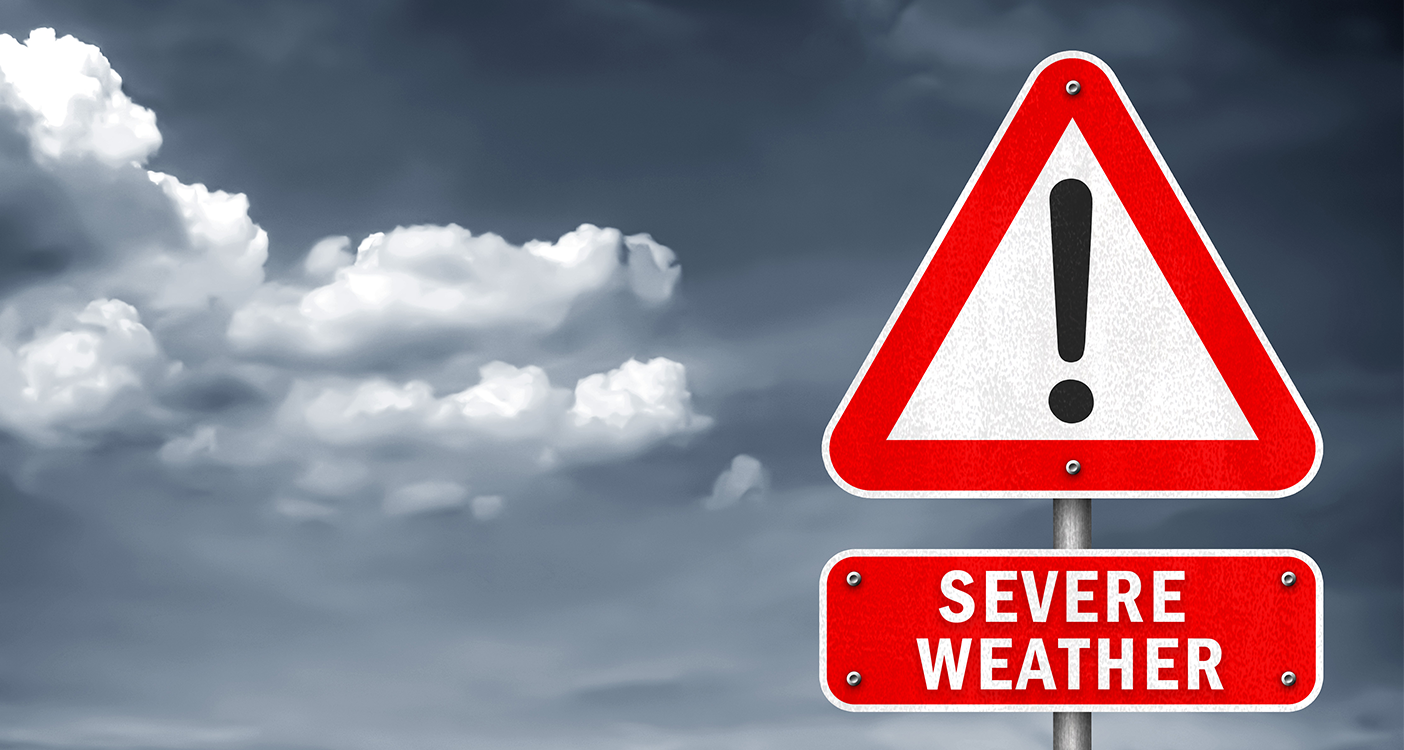|
|
|  | Severe WeatherMany activities at Northwestern take place outdoors, such as ceremonies, sporting events, landscaping, and maintenance activities. Our local climate has cold winters, warm summers, and frequent, short fluctuations in temperature, precipitation, humidity, cloudiness, and wind direction. These characteristics can produce severe weather that could create unsafe outdoor conditions. It’s important that you understand the different types of severe weather and associated hazards so you can take the necessary precautions when it is predicted on campus.
If your job requires working outdoors, ensure you are up-to-date on your biennial Severe Weather and Outdoor Work safety training in myHR Learn. | |
|
| Risk factors
- Heavy rainfall can cause flooding, building damage, decreased visibility, and slip, fall, and electrical hazards.
- Lightning is attracted to the ground and poses potential life-threatening consequences for those outdoors.
- Excessive wind speeds can produce hazardous flying debris and can knock down trees and power lines, resulting in power losses and electrical hazards.
- Excessive hot temperatures can result in illnesses such as heat exhaustion and heat stroke
- Heavy snow and ice storms produce slip and fall hazards, poor visibility, and hazardous driving conditions.
- Excessive cold temperatures can result in frostbite and hypothermia.
|
|
| Plan aheadThe best way to stay safe during severe weather is to avoid it! Monitor local forecasts to obtain current weather information. If severe weather is predicted, avoid outdoor activities if possible (e.g., rescheduling or relocating activities to indoor locations). |
|
| Work safelyIn some instances, you may need to work outdoors. However, it’s important that you never put yourself in danger and always have a plan to seek shelter in the event severe weather arrives. Follow the tips below when working outdoors:
- If you are outdoors when severe weather starts, see lightning, or hear thunder, seek shelter immediately, such as in a building or vehicle.
- Never use electric power tools or equipment or perform electrical work in wet conditions to avoid shock hazards.
- Never work on a ladder or elevated surface (e.g., rooftop) in wet or windy conditions to avoid the risk of falling.
- Dress appropriately for the weather and work being performed, including any necessary personal protective equipment (PPE).
|
|
| Safety at homeKeep you and your family safe at home during severe weather by following these tips:
- Know how your community sends warning messages. Some communities have outdoor sirens while others depend on media and smart phones to alert residents.
- Have a family plan that includes an emergency meeting place and related information and practice the plan regularly.
- Keep trees and branches trimmed near your house. If you have time before severe weather arrives, secure loose objects and close windows and doors.
|
|
| Do you want to learn more?
- Review Northwestern’s natural disaster preparation guidelines, and the Ready.gov Severe Weather Preparedness website.
- Contact the Environmental Health and Safety (EHS) team at ehs@northwestern.edu.
- View past Spotlight on Safety discussions here.
|
|
|
|
|


